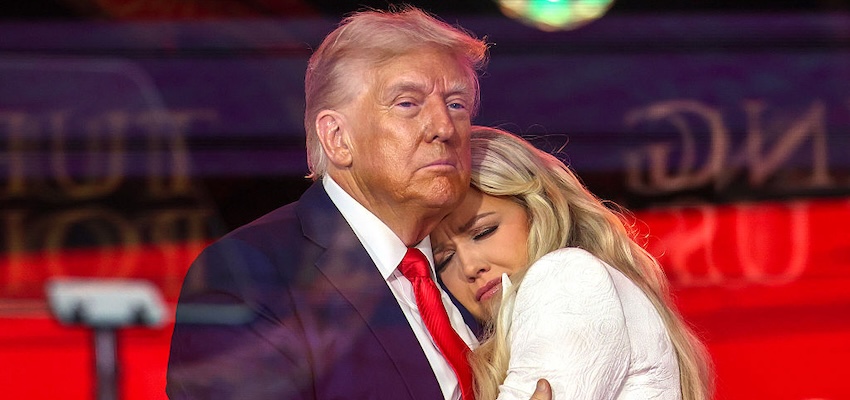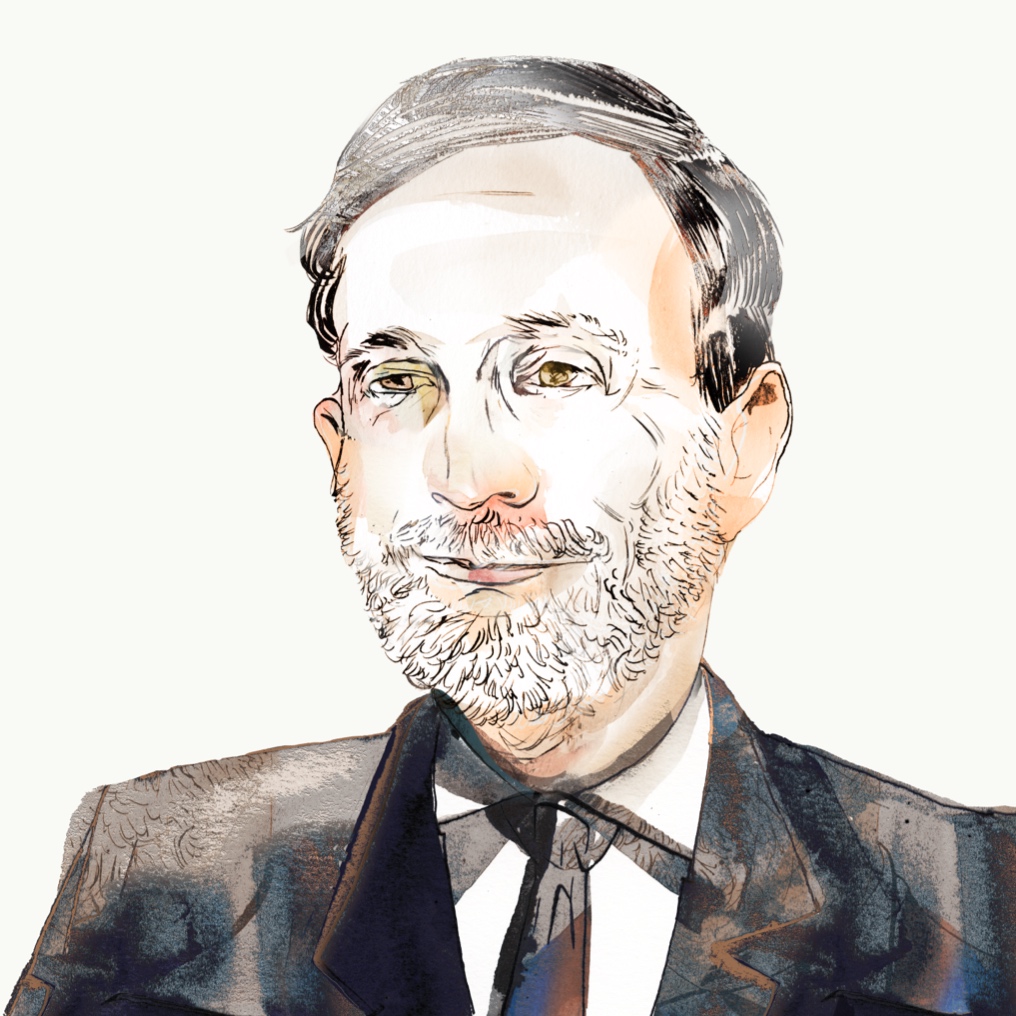
Pastors, pundits, and politicians gathered in Phoenix last Sunday to remember Charlie Kirk. Seventy thousand people filled every seat of State Farm Stadium. Thousands more overflowed into the streets nearby. It was described as one of the largest memorial services for a private citizen. But it was much more than that. The nearly five-hour-long service marked a milestone in America’s journey into the twenty-first century.
As someone who lived through the later decades of the twentieth century, the most shocking element was the frank, heartfelt, and powerful Christian witness, expressed many times from the podium. In a certain way, that witness made sense. Charlie Kirk was a firmly convinced Christian who often talked about his faith at public events. It is to be expected that his friends—his colleagues at Turning Point and his pastor—would highlight Christ’s presence in his life.
But they weren’t the only ones to invoke faith. The secretary of state ended his speech with an extended elaboration of the Nicene Creed. The secretary of war asserted, “Only Christ is King, our Lord and Savior.” The vice president: “Charlie brought the truth that Jesus Christ was the King of Kings.” I cannot begin to picture Gerald Ford or Cyrus Vance uttering such unvarnished affirmations, nor Dick Cheney or Donald Rumsfeld.
The patriotic enthusiasm was as prominent as the displays of faith, and they often fused together. The crowd chanted “U.S.A., U.S.A.!” to warm up Chris Tomlin, a Christian singer, whose performance of “How Great Is Our God” was prefaced with a reading of the first chapter of the Gospel of John. And partisan themes were sounded, which, again, is not surprising, given Kirk’s role in our national politics, and this, again, ran side by side with Christian themes.
Some of my friends rued the mix of patriotism, politics, and faith. I understand their concerns. We should guard against the conscription of the authority of God to serve the interests of men.
But my reaction was otherwise. Richard John Neuhaus, founder of First Things, never wavered in his call for religion to influence, leaven, and purify public life. To do so, it must be present, part of the conversation, part of the great tumult of political debate, part of our civic life. We should not be surprised that religion in public life is a messy business. It takes place outside seminar rooms and lecture halls where fine distinctions can be made and careful applications elaborated.
I’m thankful that our political leaders spoke so boldly. Now we can get on with the business of refining our thinking about how faith should shape the public square; how our Christian nation can embrace its religious pluralism without dumbing down to anodyne and moralistic platitudes; how a proper patriotic ardor can be both encouraged and subordinated to a greater love of God, and more.
Explicit Christ-talk married to political purpose is not unknown in our recent political tradition. When he spoke at the memorial for Rev. Clementa Pinckney—who, along with eight church members, was murdered in his Charleston church—Barack Obama delivered a rousing sermon-speech laden with scriptural quotations and theological language. The content was both theological and politically partisan.
I wrote about the eulogy at the time. I made some criticisms but welcomed Obama’s use of fulsome Christian language. Like Neuhaus, I want religion in the public square. I’d rather be chastised by Obama in the language of Scripture, however misused, than spanked with one or another progressive piety unadorned by God’s Word. He and I can debate the meaning of St. Paul’s words, an intrinsically edifying enterprise in which we’d be talking about what matters most as we disagreed about politics and policy.
Erika Kirk’s speech at the memorial service was remarkable. She opened, “God’s love was revealed to me on the very day my husband was murdered.” Gratitude outweighs loss. She gave a firm, clear, and perfectly balanced account of the complementarity of husband and wife in marriage, one that explained the true meaning of male headship as taught by St. Paul in Ephesians 5.
And Erika Kirk bore powerful witness to the spiritual heroism of forgiveness. Speaking after her, Donald Trump demurred, confessing, “I hate my opponents, and I don’t want the best for them.” But he betrayed the hint of recognition that, in concerns of the soul that matter most, he had been outdone.
Some years ago, I wrote a book, Return of the Strong Gods. In it, I foresaw a rising desire for the anchoring loves of faith, family, and flag. Charlie Kirk’s memorial service was rich with all three loves. Kirk was lauded as a devoted husband. Many speakers adverted to his exhortations to young people to get married and have children. Kirk was celebrated as a great American patriot, and nearly all the speakers exhorted us to follow his example. And his faith held up as the polestar of his life, and, again, those who addressed the great gathering urged conversion and revival. Even the president, who is not known for his piety, exclaimed, “We have to bring back religion to America . . . We want God back!”
Faith, family, flag. It’s easy to mix them up. It’s hard to keep them in their proper place in the order of our loves. All three enflame our hearts, which can imperil. But the fire of love draws us beyond ourselves. It is the engine of transcendence, and brings us to the paradoxical fulfillment of our lives, which is found in others, not ourselves.
Image by Win McNamee, via Getty Images.
The Church’s Answer to the World (ft. Carter Griffin)
In the latest installment of the ongoing interview series with contributing editor Mark Bauerlein, Fr. Carter Griffin…
An Important Civics Lesson, Well Taught
The permanent exhibit in the rotunda of the National Archives in Washington, D.C., includes original copies of…
The Cambrian Implosion
A historical moment ago, it was too obvious for words, but: Life is a blessing. So to…

